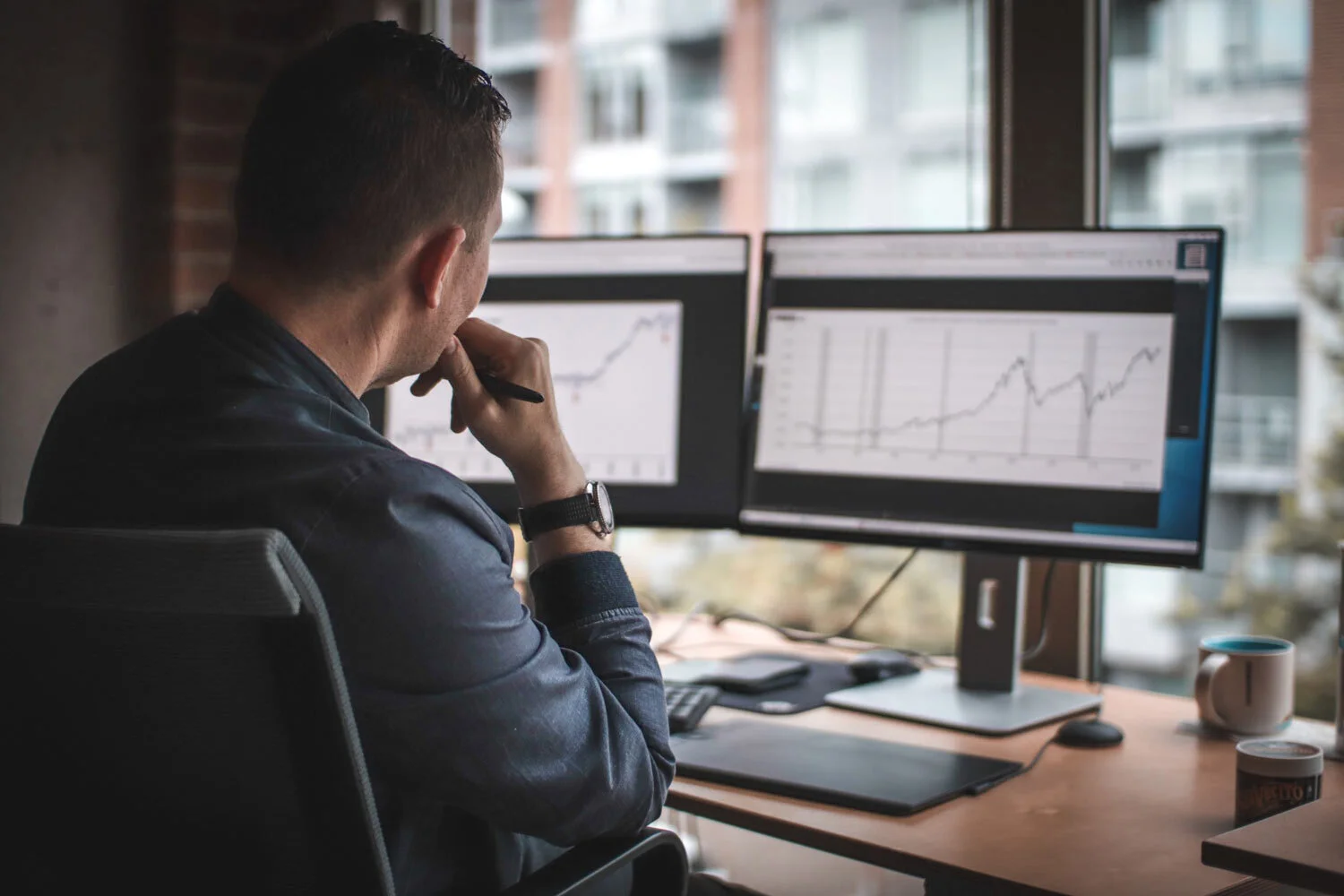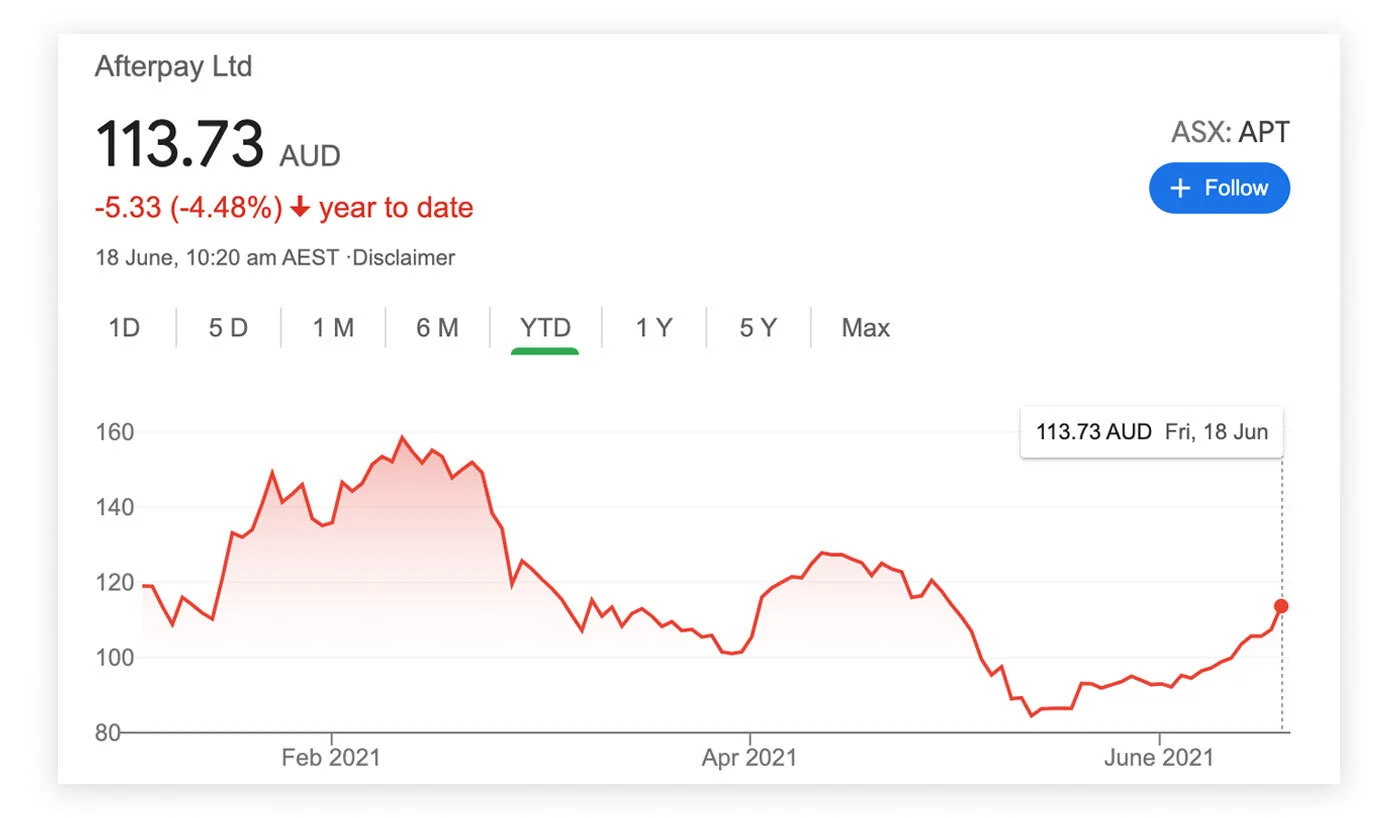The trading -vs- investing mindset
How to avoid the trading game and build wealth with an investing mindset.
Wealth building requires a certain set of mindsets.
One of which is an investing mindset.
What do you think of when you hear the word investing?
Most of what we hear about as investing is actually trading.
Here’s what you might hear…
“ASX-200 is up this week…”
“Did you buy Bitcoin? It’s going nuts…”
“Invest where the world is going with this new app…”
“Buy gold, the inflation crash is coming…”
“My crypto portfolio is up 50%…”
“Buy the property now or you’ll miss out! The market is HOT…”
All of these are trading activities and come from a trading mindset. But these don’t actually lead to wealth creation.
Trading is where you try to make money from buying and selling.
Investing is where you make money from being invested in assets that grow over time.
Trading relies on our efforts, whereas investing relies on the investments themselves.
The trading mindset keeps you playing games
When we jump into property or into Bitcoin we can have a trading mindset as we want to make a quick gain. You don't need advice, just access to the money to trade. Usually you don't have a plan either.
So if you do make some money, what will you do with it?
Most likely trade again, because you’re on a high from the win you just experienced. Or you spend it on a car or holiday…. (you can see how this sounds like gambling).
The research shows us that when we engage in trading activities over time, we are more likely to lose our money and the losses can be quite large. And even when we do win, the long term returns will be much less than investing.
The investing mindset is a winning mindset
Investing involves a proven strategy that requires us to stick to a plan that will create wealth without you needing to trade. The wins are still there and they start small and become much larger over time.
The great part is knowing that you are able to generate millions from just a small amount of your own money. You are not taking any massive risks and typically the most you can lose is the actual return over a one or 2 year period.
How do we switch on the investing mindset?
Have a proven investment plan, with personal advice.
Make regular monthly contributions (dollar-cost-averaging).
Track the results to the plan.
Keep going - no matter what.
When you get the urge to chase a big win, call on your adviser or advocate and go over the plan again and celebrate your wins.
How to recognise trading and avoid it
Trading relies on FOMO (Fear of Missing Out). If you find yourself wondering if you’re missing out on something, you’ve most likely stumbled across a trading activity or scheme.
There’s so much good marketing and promotion around trading. We’ll always hear about trading options, because they’re easy to sell and the true cost is hidden. They pop up on Facebook, YouTube, at the work place, friends, etc.
They entice you with the quick win and large expectation of returns. There are heaps of books written on them, training programs for them. You can easily spot them if you know what you are looking for.
Ask yourself: where does the win come from? Is the money coming from true growth, such as a company growing its revenue and you receive a share of that profit? Or is it supply and demand speculation?
The Ostrich Effect
Sometimes the growth of an ‘investment’ is coming from other traders, who are betting the price will go up and they are paying you a premium for your holding.
For example: Bitcoin is a currency and can only go up in price if it is being traded and someone pays more for it.
This is much like the Ostrich industry 30 years ago. There was a big promotion of Ostrich production in Australia. There was a limited number of birds to be purchased and eventually the price rose from $2,000 per bird to $210,000 for a pair, over several years. There was a lot of money to be made from Ostriches and people kept buying the birds. Then, suddenly there was no else buying the birds and the price fell back to $2,000 per bird.
There’s now an official term — The Ostrich Effect: Selective attention to information.
You can still find the Ostrich Effect in action today, across markets and trading activities and schemes.
Do you have a trading mindset or an investing mindset?
Talk to our Advocates about how to develop an investing mindset. Book a free call.
Share this with a friend:



